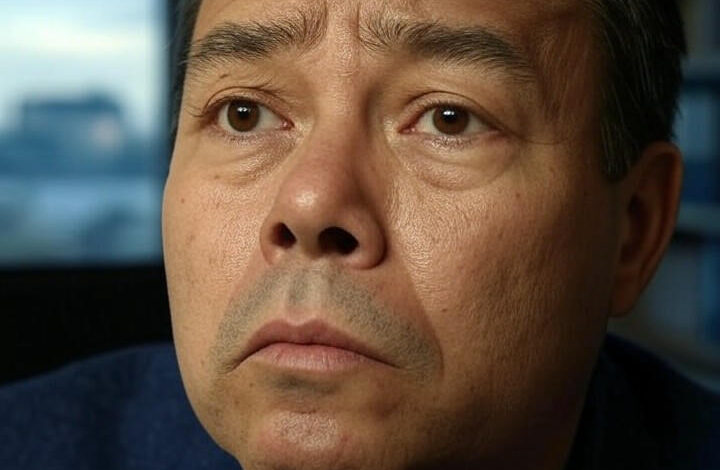Denmark Withdraws Chat Control Proposal Amid EU Backlash

UPDATE: Denmark has just withdrawn its controversial “Chat Control” proposal, a significant reversal amidst mounting backlash from privacy advocates and EU member states. This decision, announced by Justice Minister Peter Hummelgaard, halts plans for mandatory scanning of electronic communications, including those on encrypted platforms like WhatsApp and Signal.
The move comes as Denmark holds the rotating presidency of the European Union (EU) and had been pushing for stricter regulations to combat online child exploitation. The proposal aimed to impose detection orders on messaging services to identify and report child sexual abuse material (CSAM). However, privacy concerns led to fierce opposition, with critics arguing it would undermine encryption and enable mass surveillance.
In a statement, Hummelgaard emphasized that while the fight against child abuse remains urgent, the mandatory scanning element was shelved due to insufficient support from other member states. “We must find a balance between protecting children and preserving privacy,” he said, acknowledging the public outcry against the plan.
Privacy groups, including the Electronic Frontier Foundation (EFF), hailed the decision as a temporary victory. They noted that the proposal risked breaking encryption without effectively addressing abuse, calling it a response to “strong public pressure.” Social media reactions on platforms like X (formerly Twitter) reflected widespread relief, with users highlighting concerns over civil liberties.
This isn’t the first setback for the “Chat Control” initiative; a similar version was stalled in 2024 due to public outcry. Denmark’s earlier push to revive the proposal included mandatory AI-driven scans, but opposition forced a shift towards exploring voluntary detection regimes instead.
The controversy highlights ongoing tensions within the EU regarding child protection and digital rights. Hummelgaard has previously argued that encrypted platforms create “safe havens” for predators, challenging the notion that encryption is an unassailable civil right. Experts warn, however, that mandatory scanning could lead to false positives and chill free expression, potentially violating the EU’s General Data Protection Regulation (GDPR).
Despite Denmark’s withdrawal, the door remains open for future mandates, potentially resurfacing in December 2023 under a new presidency. Privacy advocates caution that even voluntary systems could pose risks if not carefully implemented, urging continued vigilance.
Denmark’s decision reflects broader EU discussions on tech regulation, where initiatives like the Digital Services Act impose content moderation duties on platforms. The shift to voluntary scanning could encourage the development of privacy-preserving technologies such as homomorphic encryption, enabling data analysis without decryption.
While the core intent of protecting children is still at the forefront, the path forward may involve more targeted detection rather than blanket surveillance. Hummelgaard’s comments suggest an evolving strategy, but the pressure to act against rising CSAM cases persists, according to EU reports.
Reactions to the withdrawal have been mixed. Some, like the account Reclaim The Net, accused Denmark of misleading governments to push for surveillance, while others praised the significant public impact. As the Danish presidency seeks consensus on less invasive alternatives, this development could set a precedent for future tech laws across Europe.
For tech firms, navigating a patchwork of national stances will be critical, especially with strong opposition from countries like Germany. The upcoming EU Council meeting will be pivotal as discussions continue about balancing digital privacy with security demands.
While the “Chat Control” proposal is paused, the underlying conflict between safety and liberty remains unresolved, promising further debates and developments in Brussels. As this story unfolds, the implications for personal privacy and child protection will be closely watched by stakeholders across the continent.






